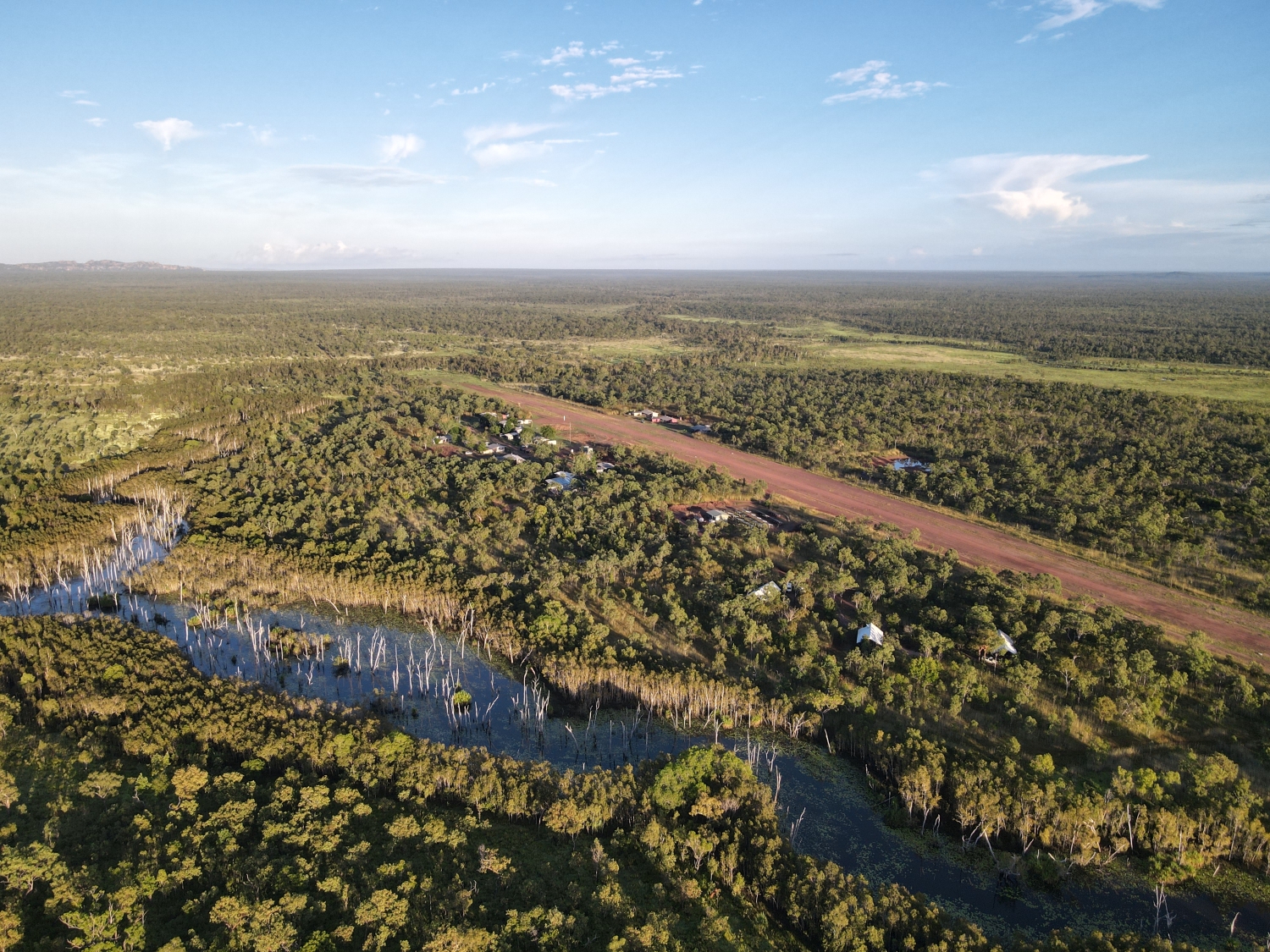Very remote outstations underpin the Indigenous ranger movement that is building across Australia. For this frontline work to continue, sustainable and equitable on-Country livelihoods are essential.
As the Indigenous ranger movement continues to grow, ranger bases increasingly function as hubs for community services and connection in remote and very remote First Nations communities. In West and Central Arnhem Land, outstations are central to both frontline climate and environmental action and the culture, health and identity of many First Nations peoples.
However, the reality of life in these very remote communities comes with a unique set of challenges that hinder efforts to live and work on Country on a full-time, permanent basis. Generally, infrastructure is limited, energy is variable and water supply can sometimes cut out for multiple weeks. Furthermore, services such as medical care, food stores and postal services are only accessible through expensive charter flights or long drives which rely on regularly serviced private vehicles.
To make matters more complicated, the environmental and climate conditions in this unique part of the world are highly variable: ephemeral rivers rise up and prohibit road access for many months, and even once subsided, roads require significant maintenance before they can be reopened. Meanwhile, the terrain itself is rugged and changeable, with temperatures and humidity becoming more severe and unpredictable with climate change.
For decades, government funding for remote infrastructure and services has been unreliable and dysfunctional, undermining the capacity for people to live and work on homelands. Without additional support, the potential for empty or ‘orphaned’ Country looms large. For Traditional Owners here, this is considered one of the most significant threats to healthy Country.
KKT provides funding for critical infrastructure, key services and regional workforce development that ensures Traditional Owners and their families are able to live on Country and undertake integral conservation work as safely and effectively as possible.


